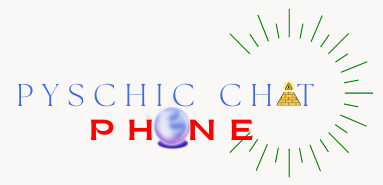Extrasensory perception or ESP, also called sixth sense, includes reception of information not gained through the recognized physical senses but sensed with the mind. The term was adopted by Duke University psychologist J. B. Rhine to denote psychic abilities such as telepathy, clairaudience, and clairvoyance, and their trans-temporal operation as precognition or retrocognition. ESP is also sometimes referred to as a sixth sense. The term implies acquisition of information by means external to the basic limiting assumptions of science, such as that organisms can only receive information from the past to the present. Parapsychology is the study of paranormal psychic phenomena, including ESP. Parapsychologists generally regard such tests as the ganzfeld experiment as providing compelling evidence for the existence of ESP. The scientific community rejects ESP due to the absence of an evidence base, the lack of a theory which would explain ESP, the lack of experimental techniques which can provide reliably positive results, and considers ESP to be non-existent.
